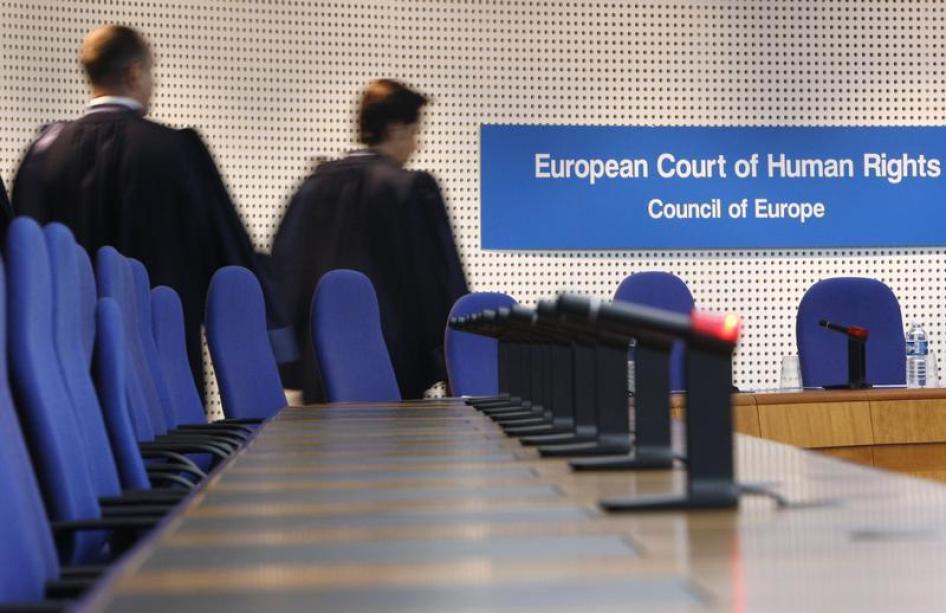Yesterday, Russia’s parliament adopted a bill designed to thwart the ability of victims of human rights violations to find justice through international bodies when the Russian court system doesn’t deliver it.
Specifically, the bill, if signed by President Vladimir Putin, would empower the Constitutional Court of Russia to review rulings of international human rights bodies and to declare them “non-executable” – if the court deems they contradict the constitution. The bill was drafted in response to the Constitutional Court’s July 2015 decision, which stated that judgments of the European Court of Human Rights cannot be implemented if they contradict Russia’s constitution.
The decision also stated that the constitution takes precedence over international law.
It all began after the European Court of Human Rights ordered Russia to pay 1.87 billion euros in compensation to shareholders of the oil company Yukos, formerly owned by Mikhail Khodorkovsky, a fierce government critic who was once Russia’s wealthiest man. After this judgement, 93 members of Russia’s State Duma, the lower house of parliament, requested the Constitutional Court to clarify how the European Court of Human Rights rulings must be implemented in Russia if they do not comply with the constitution.
The potential new bill could have widespread consequences. Only last week, the European Court of Human Rights handed down a final ruling, Roman Zakharov v. Russia, which found that Russia’s surveillance regulations lacked sufficient safeguards against abuse. Since in recent years Russia has been expanding the security services’ powers, this judgment could be among the first sent for Constitutional Court review if Putin signs the bill.
Many other cases that could be subjected to additional examination are still pending with the European Court of Human Rights. Among them is the case challenging the “foreign agents” law, filed in 2013, since the Constitutional Court ruled in 2014 that the law did not violate the Russian constitution. Many cases filed since Russia’s occupation of Crimea would almost certainly be reviewed, since the Russian constitution explicitly proclaims Crimea to be Russian territory.
Russia is a party to the Vienna Convention on the Law of Treaties, which prohibits parties from invoking domestic law to justify failure to implement a treaty. So the bill wouldn’t relieve the Russian government of its legal obligations to implement rulings of international human rights bodies established by international treaties. Instead, it would bring much uncertainty and opacity to the domestic legal system, further hinder Russia’s relations with its international partners, and delay justice even further for human rights victims.








